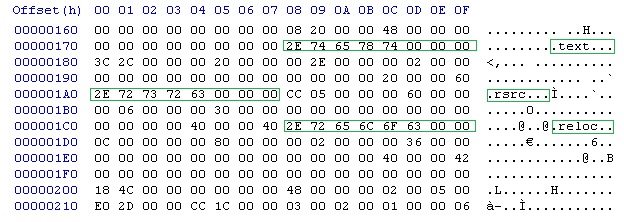Originally posted by Uncle H.
To be fair, the answer does depend on the platform. That's because on Windows, Microsoft decided that "long int" is still 32-bit even for x86_64, so if you build with e.g. MinGW, it will be a "long long int". On (most?) other platforms it will probably be a "long int". And all of this because it doesn't fit into 32 bits of course, and no unsigned suffix.


Comment